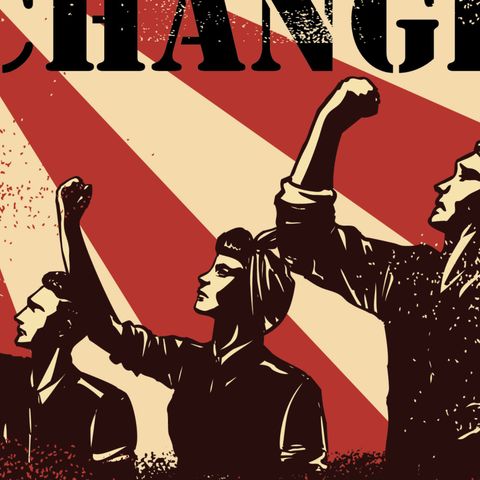Closing the Wealth Gap: Financial Literacy and Public Policy
Oct 29, 2020 ·
45m 17s

Download and listen anywhere
Download your favorite episodes and enjoy them, wherever you are! Sign up or log in now to access offline listening.
Description
Closing the racial wealth gap is a moral imperative that should be shared by everyone, not only because doing so will strengthen the U.S. economy, but because it is the...
show more
Closing the racial wealth gap is a moral imperative that should be shared by everyone, not only because doing so will strengthen the U.S. economy, but because it is the right thing to do. The wealth gap that exists today is the direct result of 246 years of enslavement, followed by 90 years of Jim Crow racial segregation that was practiced throughout the United States, not just in the South!
According to a study by Citi, had the racial wealth gap been closed twenty years ago the U.S. economy would have seen an increase in GDP of $16 trillion dollars. According to a study by McKinsey, the U.S. economy/GDP could grow by an additional $1.5 trillion of GDP (or 4% to 6%) *if* the wealth gap is closed by 2028.
Closing the racial wealth gap is a moral imperative that should be shared by everyone, not only because doing so will strengthen the U.S. economy, but because it is the right thing to do. The wealth gap that exists today is the direct result of 246 years of enslavement, followed by 90 years of Jim Crow racial segregation that was practiced throughout the United States, not just in the South!
According to a study by Citi, had the racial wealth gap been closed twenty years ago the U.S. economy would have seen an increase in GDP of $16 trillion dollars. According to a study by McKinsey, the U.S. economy/GDP could grow by an additional $1.5 trillion of GDP (or 4% to 6%) *if* the wealth gap is closed by 2028.
Closing the racial wealth gap will require more than financial literacy within the African American community. It will take good and restorative public policy, since it was evil and destructive public policy that created the racial wealth gap that exists throughout the U.S. today.
Martin A. Smith of Wealthcare Financial Group, Inc. was invited by the Smithsonian Anacostia Community Museum to share his thoughts about how to close the racial wealth gap.
show less
According to a study by Citi, had the racial wealth gap been closed twenty years ago the U.S. economy would have seen an increase in GDP of $16 trillion dollars. According to a study by McKinsey, the U.S. economy/GDP could grow by an additional $1.5 trillion of GDP (or 4% to 6%) *if* the wealth gap is closed by 2028.
Closing the racial wealth gap is a moral imperative that should be shared by everyone, not only because doing so will strengthen the U.S. economy, but because it is the right thing to do. The wealth gap that exists today is the direct result of 246 years of enslavement, followed by 90 years of Jim Crow racial segregation that was practiced throughout the United States, not just in the South!
According to a study by Citi, had the racial wealth gap been closed twenty years ago the U.S. economy would have seen an increase in GDP of $16 trillion dollars. According to a study by McKinsey, the U.S. economy/GDP could grow by an additional $1.5 trillion of GDP (or 4% to 6%) *if* the wealth gap is closed by 2028.
Closing the racial wealth gap will require more than financial literacy within the African American community. It will take good and restorative public policy, since it was evil and destructive public policy that created the racial wealth gap that exists throughout the U.S. today.
Martin A. Smith of Wealthcare Financial Group, Inc. was invited by the Smithsonian Anacostia Community Museum to share his thoughts about how to close the racial wealth gap.
Information
| Author | Martin A. Smith |
| Organization | Martin A. Smith |
| Website | - |
| Tags |
Copyright 2024 - Spreaker Inc. an iHeartMedia Company
